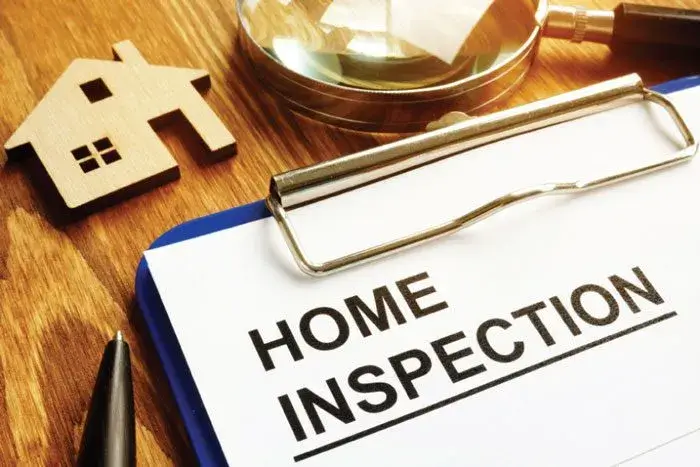Introduction: Home inspections are crucial for identifying potential safety hazards in real estate transactions here in Denver. Among the most common issues found in inspection reports are electrical problems that require immediate attention. In this blog post, we’ll explore some of the frequent electrical issues highlighted in home inspection reports and discuss how to address them effectively. At Electric Doctor, we understand the importance of promptly resolving these electrical concerns to safeguard homes and occupants.
Replacing Outdated Federal Pacific (FPE) Electrical Panels: One of the top priorities when addressing electrical issues from home inspection reports is replacing outdated Federal Pacific (FPE) electrical panels. FPE panels, manufactured between the 1950s and 1980s, have been found to pose significant fire hazards due to design flaws. Replacing these panels with modern, safer alternatives is crucial for ensuring the safety of the home and its occupants.
The process of replacing an FPE panel involves several steps, including:
- Assessment: An electrician conducts a thorough assessment of the existing panel to determine its condition and identify any potential risks.
- Determine if we need to replace or upgrade: A replacement involves keeping the panel at the same ampacity (125 amp stays 125 amp, etc). If we determine to upgrade, we can increase the ampacity of the system. In a replacement, the old FPE panel is removed, and a new, updates panel and breakers are installed in its place. For an upgrade, this will require upgrading additional components and wiring to meet current codes and standard.
- Testing: The newly installed panel is tested to ensure that it functions correctly and meets safety requirements.
Installing GFCI Outlets as Required: Another common recommendation found in home inspection reports is the installation of Ground Fault Circuit Interrupter (GFCI) outlets, particularly in areas prone to moisture such as bathrooms, kitchens, and outdoor spaces. GFCI outlets are designed to quickly shut off power in the event of a ground fault, preventing electrical shocks and reducing the risk of electrical fires.
Troubleshooting Non-Functioning Lights and Outlets: Non-functioning lights and outlets are common issues identified during home inspections. These problems can be caused by a variety of factors, including tripped breakers, faulty wiring, or damaged fixtures. Non-functioning lights and outlets can indicate underlying electrical issues that require prompt attention. Our team of skilled electricians in Denver, CO is equipped to diagnose and repair these problems efficiently, ensuring that homes are equipped with reliable electrical systems.
Addressing Reverse Polarity Issues: Reverse polarity occurs when the hot and neutral wires are reversed at an electrical outlet, which can pose a serious shock hazard. Identifying and correcting reverse polarity issues is essential for ensuring the safety of the electrical system.
Dealing with Aluminum Wiring in Older Homes: In many older homes, aluminum wiring was commonly used as a cost-saving measure. However, aluminum wiring poses significant risks due to its tendency to oxidize and corrode over time, leading to loose connections, overheating, and fire hazards. Homeowners with aluminum wiring should consider the following options:
- Rewiring: Complete replacement of aluminum wiring with copper wiring is the most effective solution for addressing the risks associated with aluminum wiring. While rewiring can be a significant undertaking, it provides long-term safety and peace of mind.
- Aluminum Wiring Retrofit (pigtails): Alternatively, homeowners can opt for aluminum wiring retrofit solutions, such as using approved connectors and junction boxes designed specifically for aluminum wiring. These retrofit methods can help mitigate the risks associated with aluminum wiring while avoiding the cost and disruption of full rewiring.
- Panel Assessment: We always recommend maintenance for older panels. We may also recommend replacement or upgrading for Federal Pacific, Zinsco/Sylvania, Bulldog, and split-bus panels.
Conclusion: Addressing electrical issues identified in home inspection reports is essential for maintaining a safe and functional electrical system in residential properties. By prioritizing the replacement of outdated electrical panels, installation of GFCI outlets, troubleshooting non-functioning lights and outlets, correcting reverse polarity issues, and addressing aluminum wiring in older homes, homeowners can ensure the safety and integrity of their electrical systems. For complex electrical issues or concerns, it’s always best to seek assistance from qualified professionals to ensure proper diagnosis and repair. We are committed to providing professional electrical services to homeowners in Denver, CO, addressing common electrical issues identified in home inspection reports with precision and expertise. By partnering with us, homeowners can ensure the safety, functionality, and compliance of their electrical systems. Contact us today to learn more about our services and schedule a consultation.
Realtors and homeowners can send us inspection reports via our site or email for an initial estimate or to schedule an on-site visit.








